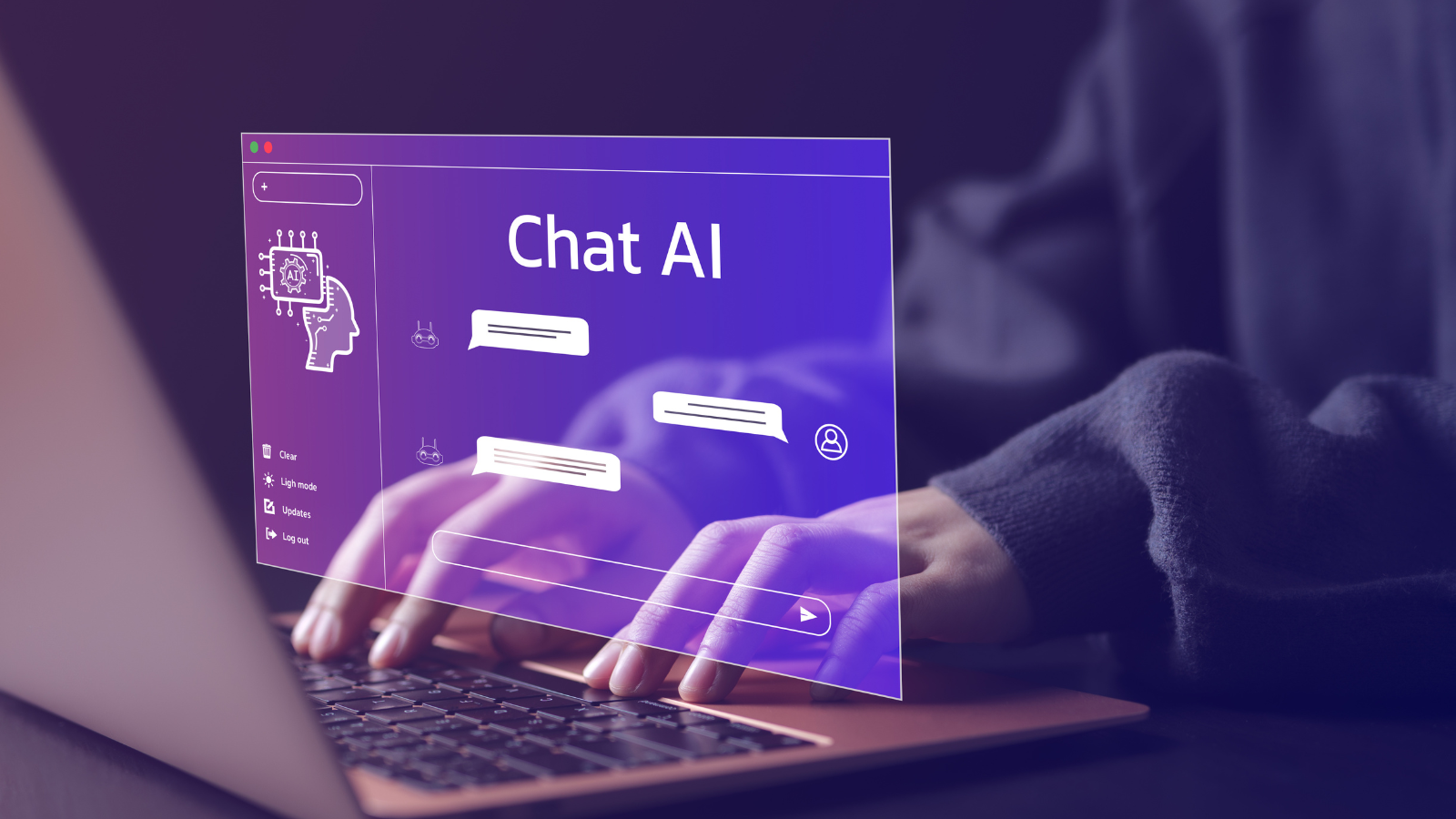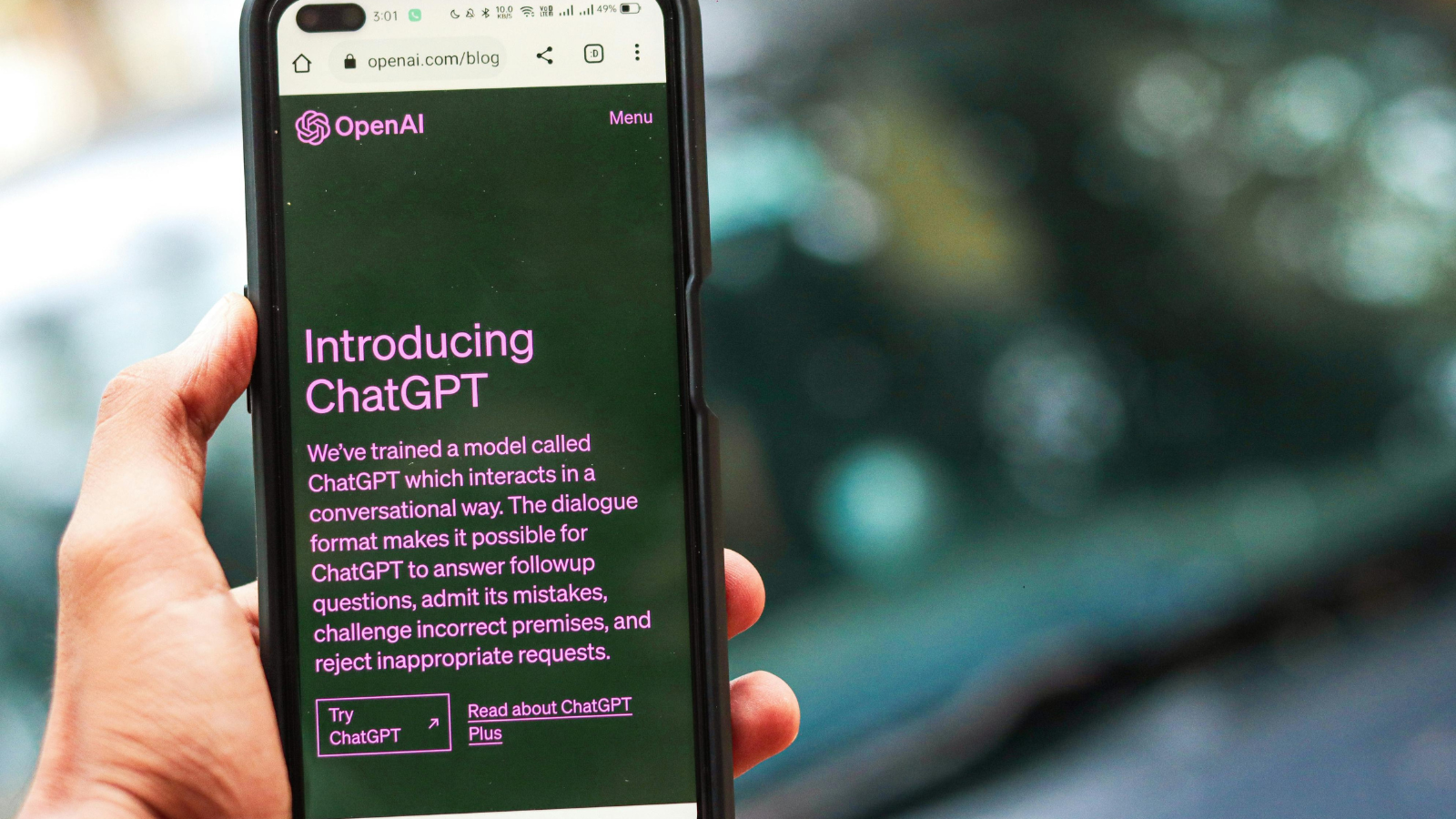AI Search Is Changing Everything; Here's How Smart Marketers Are Responding
Why clicks are down, visibility is up, and your strategy should evolve; not retreat

The marketing world loves a good panic.
Remember when everyone declared "TV is dead" because of Netflix? Or when mobile was going to "kill desktop forever"?
Here's the latest: AI search is apparently ending advertising as we know it.
Spoiler alert: It's not.
What's actually happening is far more interesting, nuanced, and opportunity-rich than the doom-and-gloom headlines suggest.
Yes, the search landscape is transforming.
No, this doesn't mean you should slash your ad budgets and hope for the best. It means you need to get smarter about where and how you invest.
The Numbers Don't Lie (But They Don't Tell the Whole Story)
Here's a stat that's been making rounds: 60% of searches now end without a click (58.5% in the U.S. and 59.7% in the EU).
At first glance, that sounds terrifying for anyone whose livelihood depends on driving traffic.
But what that number doesn't capture is brand impressions, consideration, and the complex customer journey that happens between the first search and an eventual conversion.
When someone searches "best project management software for small teams" and sees your brand mentioned in an AI-generated summary alongside Asana and Monday.com, that's not a failed opportunity.
That's brand awareness at scale. That's earned credibility. That's your company being positioned as a viable solution in the exact moment someone is evaluating options.
The question isn't whether this matters, it's whether you're strategically positioned to benefit from it.

From Search Terms to Conversations
The shift from keyword-based searches to conversational queries isn't just changing how people find information, it's fundamentally altering how brands need to present themselves online.
Users aren't typing "CRM software pricing" anymore.
They're asking, "What's the most cost-effective CRM for a 50-personsales team that integrates with HubSpot?"
This isn't just a longer query, it encapsulates an entirely different type of intent.
AI engines like Chat GPT, Perplexity, and Google's SGE are responding to these queries like knowledgeable consultants, synthesising information from multiple sources to provide comprehensive answers.
The brands that get cited in these responses aren't necessarily the ones with the highest ad spend or the most keyword-stuffed content. They're the ones with the most credible, comprehensive, and contextually relevant information.
This is where smart advertising strategy intersects with content excellence.
The Evolution of Search Optimisation: Enter GEO
Traditional SEO sometimes relied on tactics that gamed the algorithm. Modern approaches, however, focus on building authority and relevance through content quality, structure, and trust.
Generative Engine Optimisation (GEO) is about becoming genuinely quotable by AI systems that prioritise authority and usefulness over manipulation.
So, What Does That Actually Look Like?
AI search systems don't operate in a vacuum. They're powered by large language models (LLMs) trained on massive datasets and tend to reward the same kinds of content Google officially recommends.
According to Google's updated guidelines on creating helpful, reliable, people-first content, content that demonstrates experience, expertise, authoritativeness, and trustworthiness (E-E-A-T) is more likely to perform well across both organic and AI-driven search.

What AI Systems Actually Evaluate:
- Expertise &Authority: Real credentials, cited sources, demonstrated knowledge
- Content Structure: Clear organisation, schema markup, machine-readable data
- Conversational Relevance: Natural language that answers actual questions
- Freshness & Accuracy: Updated information with clear publication dates
- Social Validation: Reviews, testimonials, and third-party endorsements
TL;DR: The brands winning in this environment aren't just creating content, they're creating resources. They're not just answering questions; they're anticipating the questions their customers don't even know they have yet.
Smart Advertising in an AI-First World
Here's where things get interesting for paid media strategists.
AI isn't killing advertising, it's creating new advertising opportunities while making existing ones more sophisticated.
Emerging Ad Opportunities:
- Microsoft has explored integrating ads directly into Bing Chat responses according to a Bing Search blog post.
- Google has already rolled out Search and Shopping ads in AI Overviews, and is now testing ads within AI Mode in the U.S..
- Performance Max campaigns are becoming more effective when fed high-quality, structured data.
- AI-powered shopping experiences are prioritising brands with comprehensive product information, as outlined in Google’s October 2024 Shopping update.
The Strategic Shift
Instead of just bidding on keywords, successful advertisers are now optimising for AI visibility. This means:
- Feeding rich, structured data into ad platforms
- Creating content that AI systems want to reference
- Building brand authority that translates across both organic and paid channels
- Developing measurement frameworks that capture influence beyond direct clicks
Measurement That Matters in the AI Era
Traditional metrics like click-through rates and cost-per-click remain important, but smart marketers are expanding their measurement frameworks to include:
New Metrics Worth Tracking:
- AI Presence Audits: Regularly testing how your brand appears in AI-generated responses across different platforms and queries.
- Question-Based Query Analysis: Using Search Console to identify conversational queries that are driving impressions, even without clicks.
- Multi-Touch Attribution: Recognising that AI search interactions often contribute to conversions that happen through other channels.
- Schema Performance: Monitoring how well your structured data is being interpreted and displayed across search features.
The Strategic Opportunity
This shift represents a massive opportunity for brands willing to think strategically rather than reactively.
The companies that will thrive in this environment are those that understand a fundamental truth: AI search isn't about replacing advertising, it's about making advertising more intelligent and more integrated with the entire customer experience.
What Success Looks Like
The most successful campaigns we're seeing combine traditional paid media excellence with AI optimisation strategies:
- Running targeted ads to drive traffic to comprehensive resource pages that AI systems love to cite
- Using paid promotion to amplify content that's optimised for conversational queries
- Creating advertising creative that mirrors the natural, consultative tone that performs well in AI responses
- Building campaigns around the entire customer journey, not just the final click
Moving Forward: Strategy Over Panic
The search landscape will continue evolving, it always has.
The brands that succeed will be those that adapt their strategies while maintaining focus on what ultimately drives business results: reaching the right people with the right message at the right time.
This isn't about spending less on advertising. It's about spending more strategically.
It's about creating campaigns that work within an ecosystem where AI systems are increasingly influential in shaping customer perceptions and decisions.
The future doesn't belong to brands that retreat from this change, it belongs to those that embrace it and use it to their competitive advantage.
Let's Talk Strategy
Ready to evolve your search and advertising strategy for the AI era? The opportunity is enormous, but it requires a strategic approach that goes beyond traditional tactics.
If you're ready to evolve your advertising strategy for the AI era, Buymedia can help. Let's build a data-driven plan that ensures your brand isn't just seen, but cited.
Estella Roberts is a Data Scientist at Buymedia, where we help brands navigate the evolving digital advertising landscape with data-driven strategies and innovative solutions.




